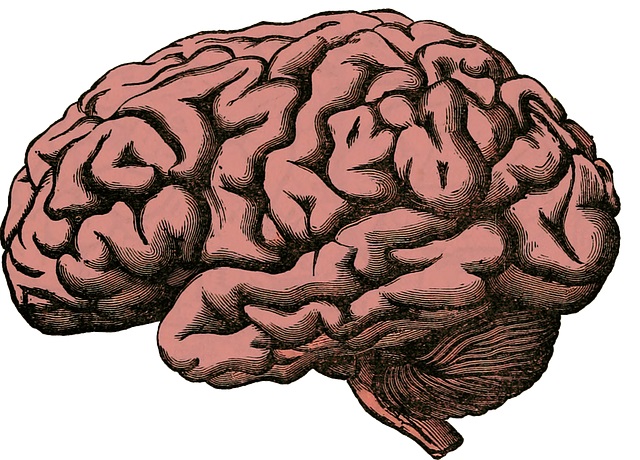neuroscience
Building resilience for women with a breast cancer diagnosis
The Centre for Building Resilience in Breast Cancer (BRiC) is a unique, award-winning centre for the research and practice of resilience for women in the UK who are diagnosed with…Read More >
Is pain in your body or mind? How the answer can help guide your treatment
Our brains have the ability to tone down how intensely we feel pain in certain situations. In a new post for The Conversation, Dr Richard Harrison’s explains how his research…Read More >
Brain cells long thought of as passive play key role in memory – study in mice
Microglia – cells long thought to be solely the brain’s support network – may actually play a key role in retaining memories, a new study in mice shows. Writing for…Read More >
Defeating dementia
From finding brain changes decades before dementia strikes to exploring the protective effects of speaking another language, Reading researchers are targeting the disease on several fronts. For World Alzheimer’s Day,…Read More >
How will technology shape the future of humanity?
What will the future of humanity look like? Ahead of tonight’s Albert Wolters annual lecture on consciousness, autonomy and responsibility by philosopher Daniel Dennett, we asked five Reading academics what…Read More >
How speaking another language is good for your brain
Speaking more than one language can change the physical structure of your brain. How and why does this happen, and what implications might this have across our lifetimes from a…Read More >
Diagnostic labels for mental health conditions are not always useful
Putting a name to a mental health condition can allow faster access to public services and supportive patient groups – but these diagnostic labels are of limited use to clinicians…Read More >



